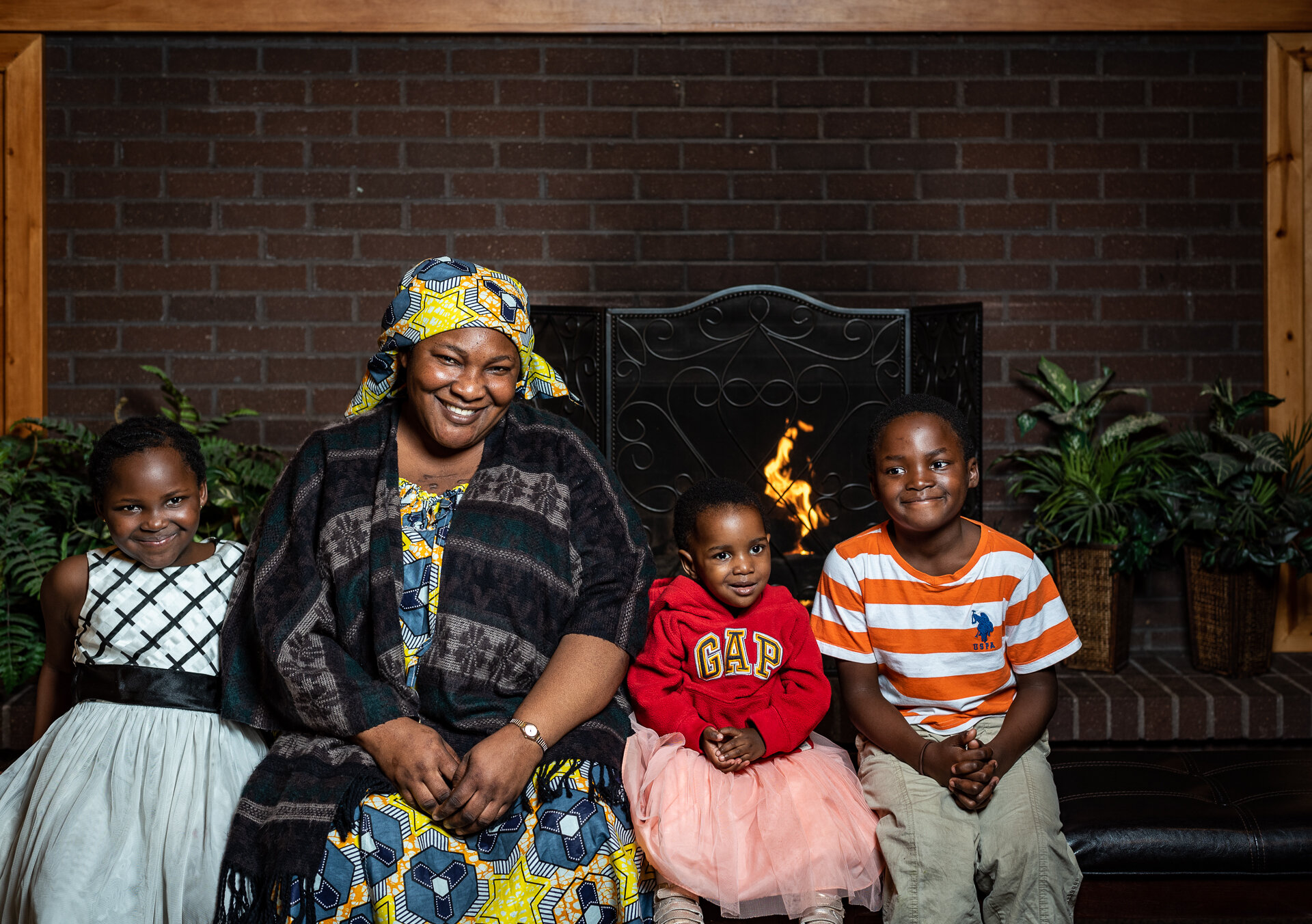Partnering with Refugees: A Few Hard-Learned Lessons
by Josh Prather
For the past five years I have been working with Muslim refugees in the Phoenix area and trying to get the Church to faithfully love the neighbors God has brought to our city. On this journey God has been faithful to teach me, through many failures, how to effectively move people toward loving the neighbors they would never otherwise spend time with.
Here are some lessons I've learned:
1. Humanize Refugee Muslims
Overall, I believe major media outlets have done a faithful job of dehumanizing Muslims for the people in our churches. Christians will often not think of human beings when they hear the word 'Muslim' but rather of a building collapsing, bombs going off, or people being mutilated. These images come from media outlets that are showing the violence committed by extremist Muslims, who make up about one percent of the total 1.6 billion Muslims around the globe (give me grace on the numbers, but they are close). I will often do an exercise where I ask people to say the first thing that comes to mind when I mention “Jihad," “Islam,” or “the Qur’an.” Almost every person I ask will respond with these negative images. So I have come to realize that people will not naturally move forward in loving action toward Muslims, because Muslims have been so dehumanized. How do we bring humanity back to Muslim refugees? Stories have been a great place to start.
A while back, I brought a group of Christians to visit Muslim refugees and hear their stories. When we walked into the room, it was full of black African Muslims and women who were fully covered from head to toe. Needless to say, a few people in our group were nervous. However, after we heard the heartbreaking stories of trauma and abuse that many of our refugee neighbors have endured, American Christians were changed. As our group left, one man stopped me and said, “I walked into that room and was uncomfortable to say the least, but after I heard their stories, I left knowing that they were just like you and me.” For the first time this man saw his Muslim neighbor as a human being with human needs. Now when he hears the word 'Islam,' he will not think of bombs, but of Isha, the sweet 70-year-old Muslim lady that has made a long hard journey to the U.S. This is a good first step.
2. Seek Peace Between Ethnic Divisions
Most of our Muslim refugee neighbors are living in our cities because they fled persecution at the hands of another race, religion, or ethnicity. It has been a privilege to build peace between the Western Church and Muslim refugees, but we must also seek peace between ethnic divisions that exist within the refugee community. For example, I have worked closely with the Somali and Somali Bantu communities in Arizona. Although they are cordial, they are not at peace with one another due to the civil war that broke out in Somalia in 1991. I continue to bring up this vision of racial reconciliation among divided Somali tribes and cultures. It is not easy, but shalom is the way God intended things to be, and that is what we must pursue. The last time I sat with a Somali Bantu elder, a phenomenal leader by the way, I brought up this vision of peace between Somali and Somali Bantu communities here in Phoenix. He said, “There is still too much pain that exists between our communities at this time, and my people are not ready, but let's hold on to that vision and revisit it in the future, Josh.” Pray with me for peace.
3. Embrace the Concept of Community Witness
One of the greatest ways for people to bless their refugee neighbors is by helping refugees navigate American culture and learn how to thrive in the U.S. This usually leads to ESL classes being taught by people in the church. This is a great way to demonstrate God’s love in deed, but Christians can easily become frustrated because they cannot communicate the love of Jesus to refugees who don't understand English. Because of this, I myself feel an obligation to speak faithfully of Jesus whenever I sit down with leaders of these refugee communities who know our culture and language well. This is community witness. There are countless volunteers serving their neighbor in deed, and I have the privilege of speaking the Good News in word on behalf of myself and the volunteers partnering with me. Together this makes a holistic witness that communicates the love of Jesus.
4. Lead with Grace and Truth
Every partnership I establish with a Muslim refugee community begins with grace and truth. God created all people in His image, with equal value and dignity, and this allows us to learn from our refugee neighbors and work together toward common goals. This is grace. There are also distinct differences between our Christian and Muslim communities that we cannot sweep aside. This is truth, and we must speak the truth of our faiths to one another with respect and boldness. Therefore, though we are always speaking the Good News faithfully, before we begin a partnership with a refugee community, we sit down with leaders and talk through how our communities can remain true to our respective religions while also moving toward peace and friendship. These conversations are not easy, but they are necessary and rewarding.
I hope these hard-learned lessons prove helpful as you move toward peacebuilding partnerships with refugees in your own city.











